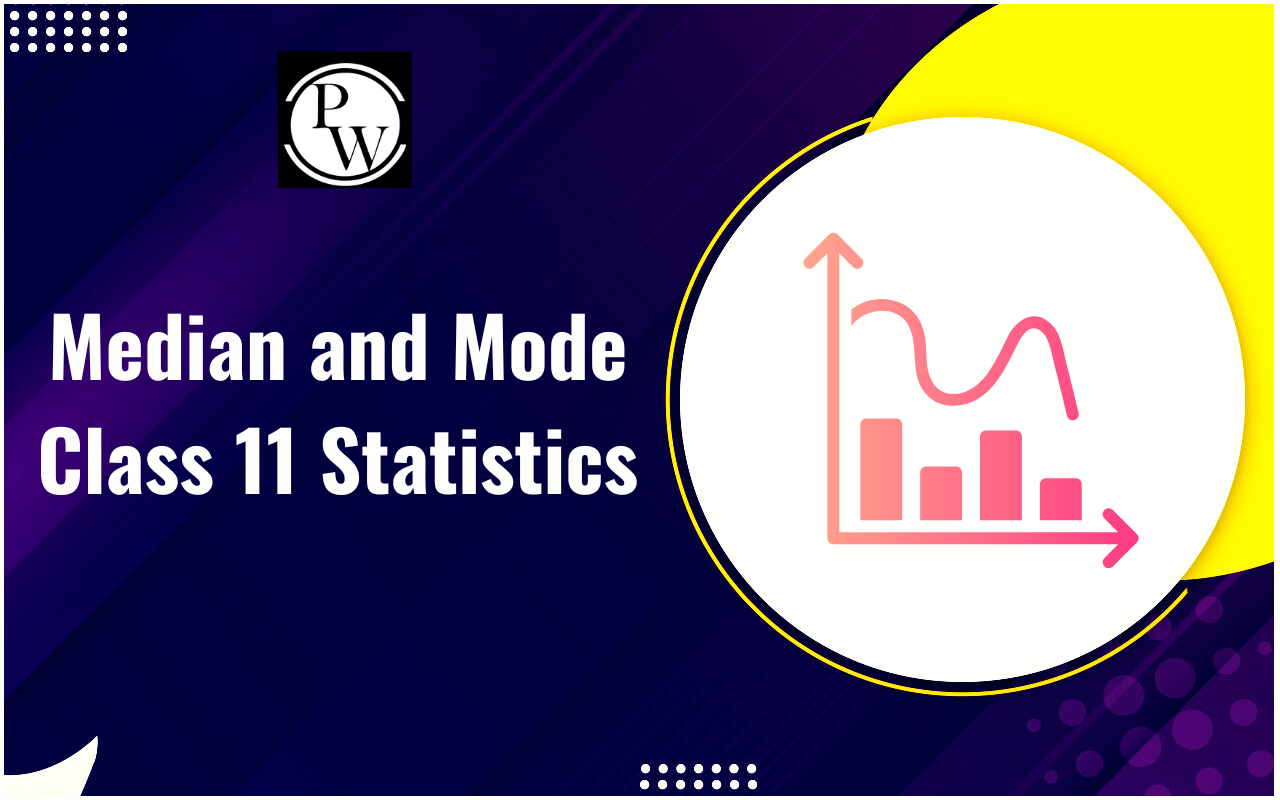
Theory of Accounting: The subject of accountancy in Class 11 starts with the Theory of Accounting. This chapter lays the foundation for all other topics in accounts. It explains the rules, ideas, and principles that guide the preparation of financial statements. Without this base, accounting would become confusing and unreliable. Understanding the theory helps students know why accountants follow certain practices and how financial records remain uniform and reliable.
Theory of Accounting
The Theory of Accounting explains the basic framework on which all accounting practices are built. It includes certain assumptions, concepts, and principles. These guides help accountants to prepare records that are correct, uniform, and easy to compare. The theory ensures that every business follows similar methods while recording financial transactions. If students grasp this theory well, they can easily understand the logic behind accounting entries instead of just memorizing them.
Fundamentals of Accounting Assumptions
Accounting assumptions form the base of the Theory of Accounting. These assumptions are generally accepted and applied in all accounting practices. They provide a stable ground on which accounts are prepared. Listed here are some points that cover the fundamentals of accounting assumptions:
-
Business Entity Assumption: A business is separate from its owner. All records belong only to the business.
-
Going Concern Assumption: The business will continue to operate. It is not expected to close soon.
-
Accounting Period Assumption: Business life is divided into fixed periods. Usually, one year is taken for reporting.
-
Money Measurement Assumption: Only monetary transactions are recorded. Non-monetary events are ignored.
-
Accrual Assumption: Record transactions when they occur. Do not wait for cash to be received or paid.
Important Accounting Principles
Accounting principles are the detailed rules that come under the Theory of Accounting. They guide how each transaction should be recorded. These principles ensure fairness, reliability, and clarity. Here is the table that carries the important accounting principles that one can refer to:
| Important Accounting Principles | |
| Principle | Explanation |
| Dual Aspect Concept | Every transaction has two sides, debit and credit. |
| Prudence Concept | Record possible losses but not future profits. |
| Matching Concept | Expenses must match revenue in the same period. |
| Consistency Concept | Use the same methods year after year. |
| Materiality Principle | Record only important items that affect decisions. |
| Full Disclosure Principle | All relevant information should be shared in statements. |
| Cost Concept | Assets are recorded at the purchase price, not the current value. |
| Revenue Recognition Concept | Revenue is recorded when it is earned, not when received. |
| Verifiable Objectivity Concept | Records should be based on bills, vouchers, and evidence. |
Accounting Standards and Their Role
Along with assumptions and principles, accounting standards are an important part of the Theory of Accounting. These standards are rules issued by the Institute of Chartered Accountants of India (ICAI). Their main purpose is to maintain uniformity in financial statements. When every company follows the same standards, comparison becomes easier. These standards also improve the transparency and reliability of accounts. For multinational companies, standards help in keeping global practices consistent.
Preparation Tips for Class 11 Accounts
Studying the Theory of Accounting may feel difficult in the beginning. But with the right approach, students can learn it easily. Below, we’ve mentioned some tips:
-
Read with Understanding: Do not just memorize. Try to understand why each principle or assumption is used.
-
Use Examples: Link every principle with real-life examples. This makes the theory simple and easy to remember.
-
Prepare Notes: Write short notes of each assumption and principle. These notes help during revision.
-
Practice Questions: After reading the chapter, solve the practice questions to test the clarity of students.
-
Stay Consistent: Study theory chapters regularly, not just before exams. Small daily efforts build strong concepts.
-
Revise Frequently: Go through the assumptions, principles, and standards again and again until they are clear.
The Theory of Accounting forms the first and most important chapter of Class 11 Accountancy. It introduces students to assumptions, principles, and standards that form the backbone of financial reporting. Without this theory, accounting would not be systematic or reliable. By learning the Theory of Accounting, students gain clarity about how transactions are recorded and why specific rules exist. A good understanding of this chapter builds confidence and creates a strong base for advanced topics in accounts.
Join PW Commerce Online Course and unlock your potential with quality education and dedicated learning support.
| Also, Check | |
| Class 11 Business Studies | Class 11 Accountancy |
| Class 11 Economics | Class 11 Applied Maths |
Theory of Accounting FAQs
What is the Theory of Accounting in Class 11 Accountancy?
Why is it important to study the Theory of Accounting?
What are the main assumptions of accounting?










